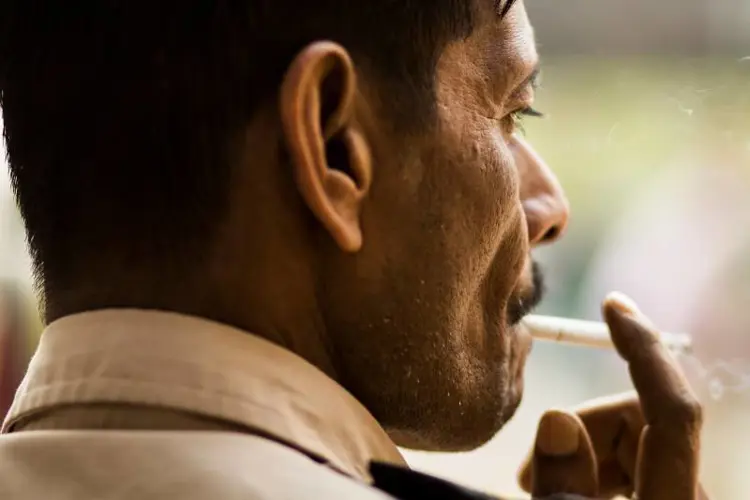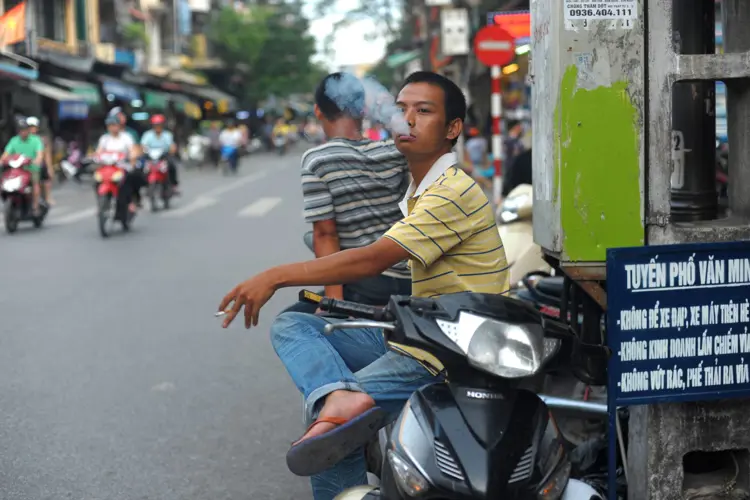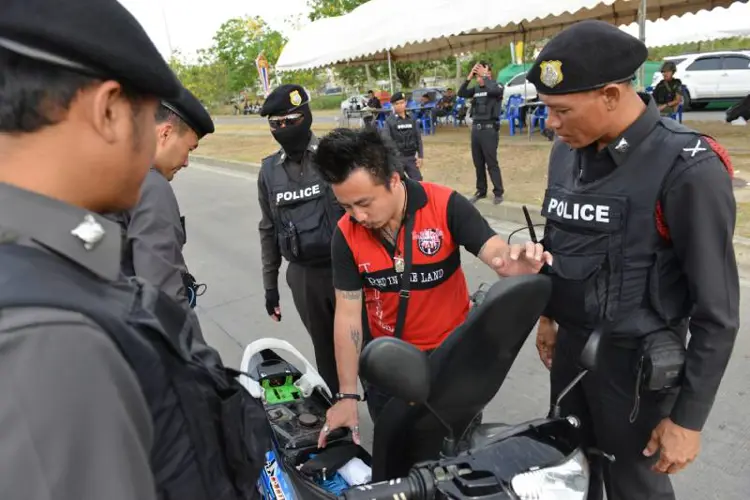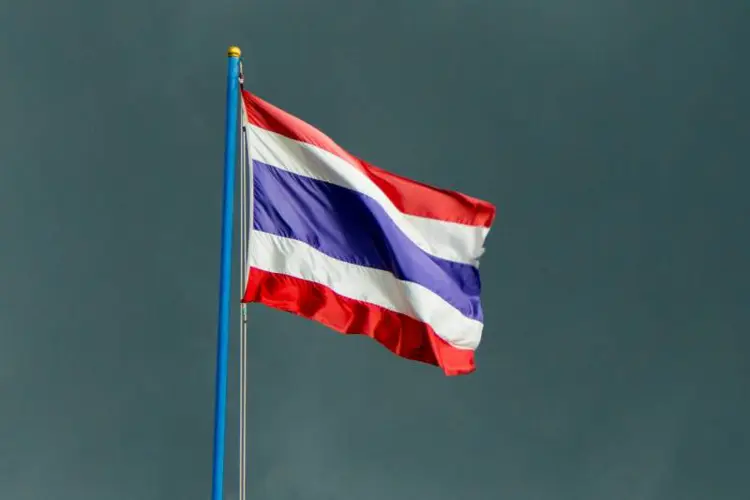Bangladesh is set to join more than a dozen Asian countries that have banned the sale (and in some cases possession and use) of vaping products. Like most other Asian countries with vaping bans, Bangladesh has made the decision in “partnership” with a Bloomberg Philanthropies-funded tobacco control advisor—in this case the Campaign for Tobacco-Free Kids.
The decision was announced at a meeting earlier this week jointly organized by government health agencies and Tobacco-Free Kids. According to The Business Standard, banning e-cigarettes is part of a larger goal to “build a tobacco-free country,” as promoted by the country’s prime minister. Bangladesh currently has no specific laws related to vaping or sales of vaping products.
As in Bangladesh’s neighbor India, which banned sales of vaping products in 2019, use of toxic oral products is extremely popular, and combined with high smoking rates, causes serious disease and, according to Tobacco-Free Kids, nearly 126,000 deaths in 2018. Those are health problems that could be combated by encouraging migration to low-risk nicotine products like vapes and Swedish-style snus.
The 2017 Global Adult Tobacco Survey shows alarming levels of risky tobacco use in the country. More than 36 percent of men currently smoke tobacco, and more than 20 percent of the whole adult population uses so-called smokeless tobacco (which, unlike North American or European smokeless tobacco, contains other cancer-causing ingredients like betel nut and slaked lime). The Bangladesh government, however, portrays vaping as a threat to health equal to smoking.
"The use of an emerging tobacco product called e-cigarette is increasing day by day which is alarming,” said senior secretary of Health Services Lokman Hossain Mia at the meeting. “E-cigarettes are just as harmful to health as conventional cigarettes,” he added. No one at the meeting, including the Tobacco-Free Kids representative, corrected him about the relative risk of vaping versus smoking.
“We will take into account the recommendations to implement laws to ban e-cigarettes", Mia told the audience. The ban will be included in an updated version of Bangladesh's Tobacco Control Act, which the nation’s prime minister has announced would include a formal goal to be “tobacco-free” by 2040.
The recommendations referred to presumably come from Tobacco-Free Kids and their Bloomberg-funded allies like The Union. The same groups that urge vaping bans in low- and middle-income countries like Bangladesh also dominate the anti-vaping policy slant of the World Health Organization (WHO) and its tobacco control arm the Framework Convention for Tobacco Control (FCTC).
Because vaping products are not manufactured in Bangladesh, Tobacco-Free Kids Lead Policy Advisor Hossain Ali Khandaker noted that they “will be easy to ban.” He said that “now is the right time to ban it by amending the law."
"E-cigarettes are a symbol of style and nobility for many young people,” said Iqbal Masud of the Dhaka Ahsania Mission. “And since young people are largely dependent on online shopping, the availability of tobacco products online will encourage them to use e-cigarettes. That is why e-cigarettes should be banned by law."
Bangladesh, which lies between India and Myanmar, is the eighth most-populous country in the world, with 163 million residents. It’s also the third-largest Muslim-majority country. Bangladesh became a sovereign country in 1971.
The Freemax REXA PRO and REXA SMART are highly advanced pod vapes, offering seemingly endless features, beautiful touchscreens, and new DUOMAX pods.
The OXVA XLIM Pro 2 DNA is powered by a custom-made Evolv DNA chipset, offering a Replay function and dry hit protection. Read our review to find out more.
The SKE Bar is a 2 mL replaceable pod vape with a 500 mAh battery, a 1.2-ohm mesh coil, and 35 flavors to choose from in 2% nicotine.
Because of declining cigarette sales, state governments in the U.S. and countries around the world are looking to vapor products as a new source of tax revenue.
The legal age to buy e-cigarettes and other vaping products varies around the world. The United States recently changed the legal minimum sales age to 21.
A list of vaping product flavor bans and online sales bans in the United States, and sales and possession bans in other countries.



















